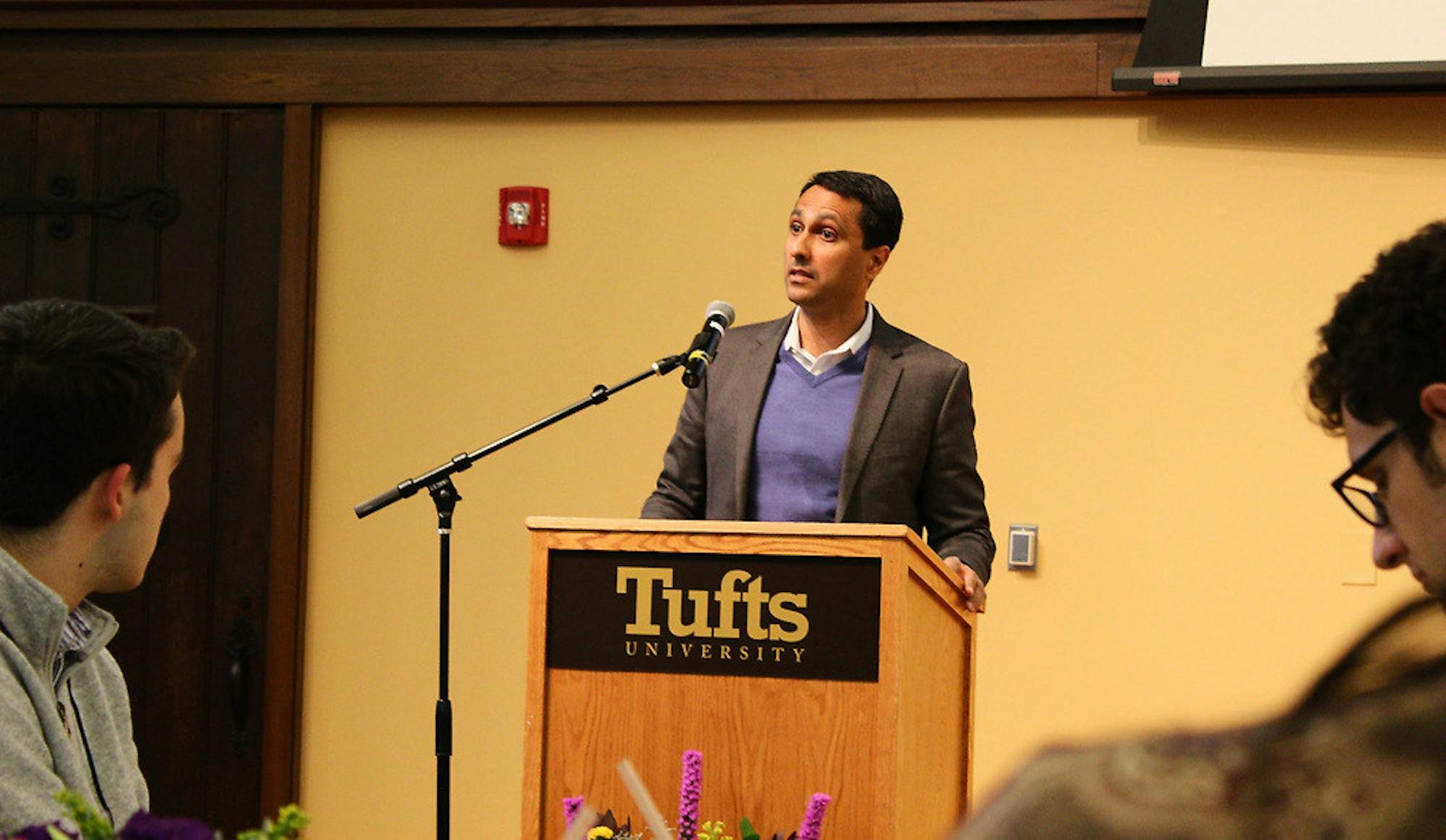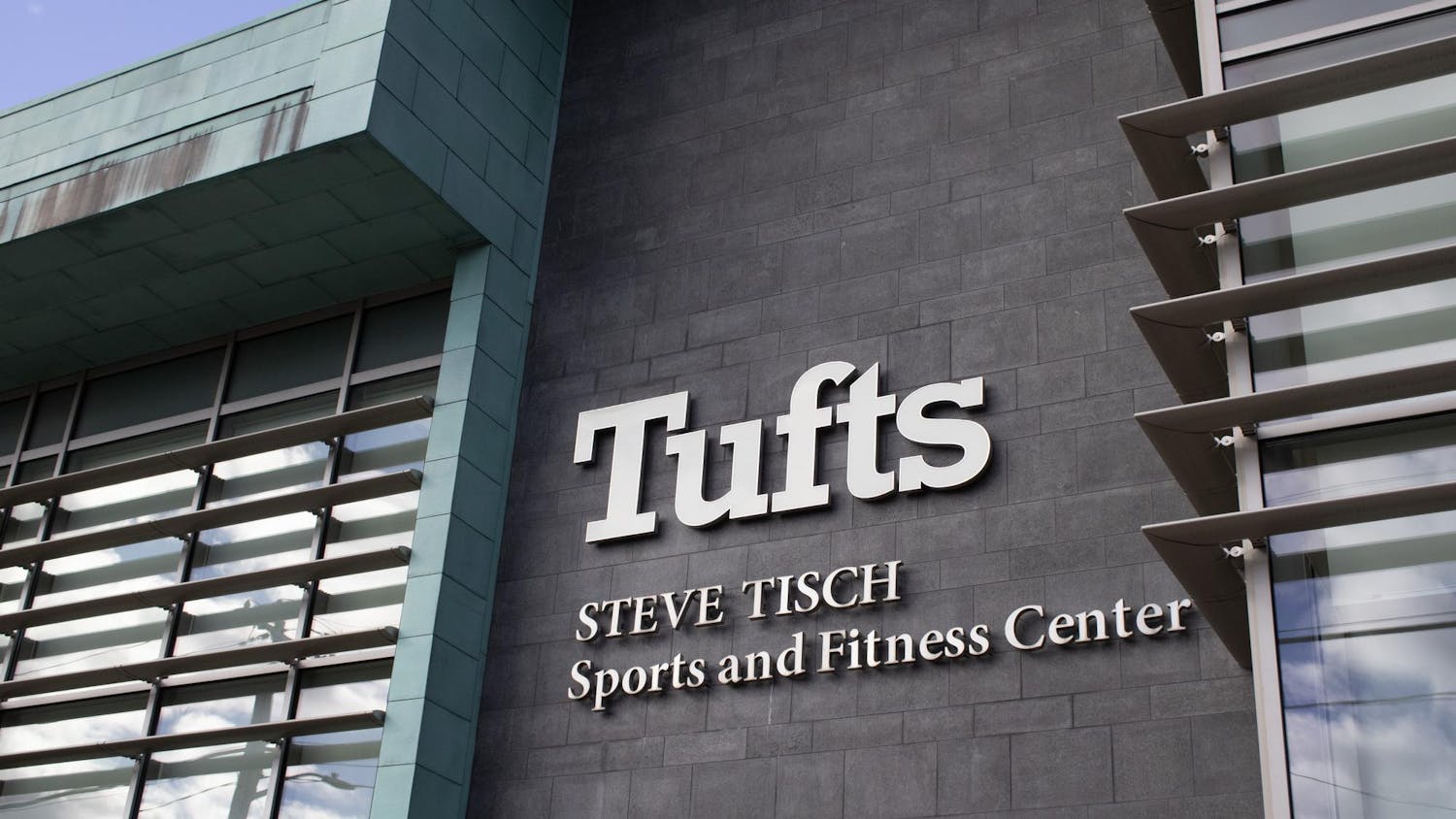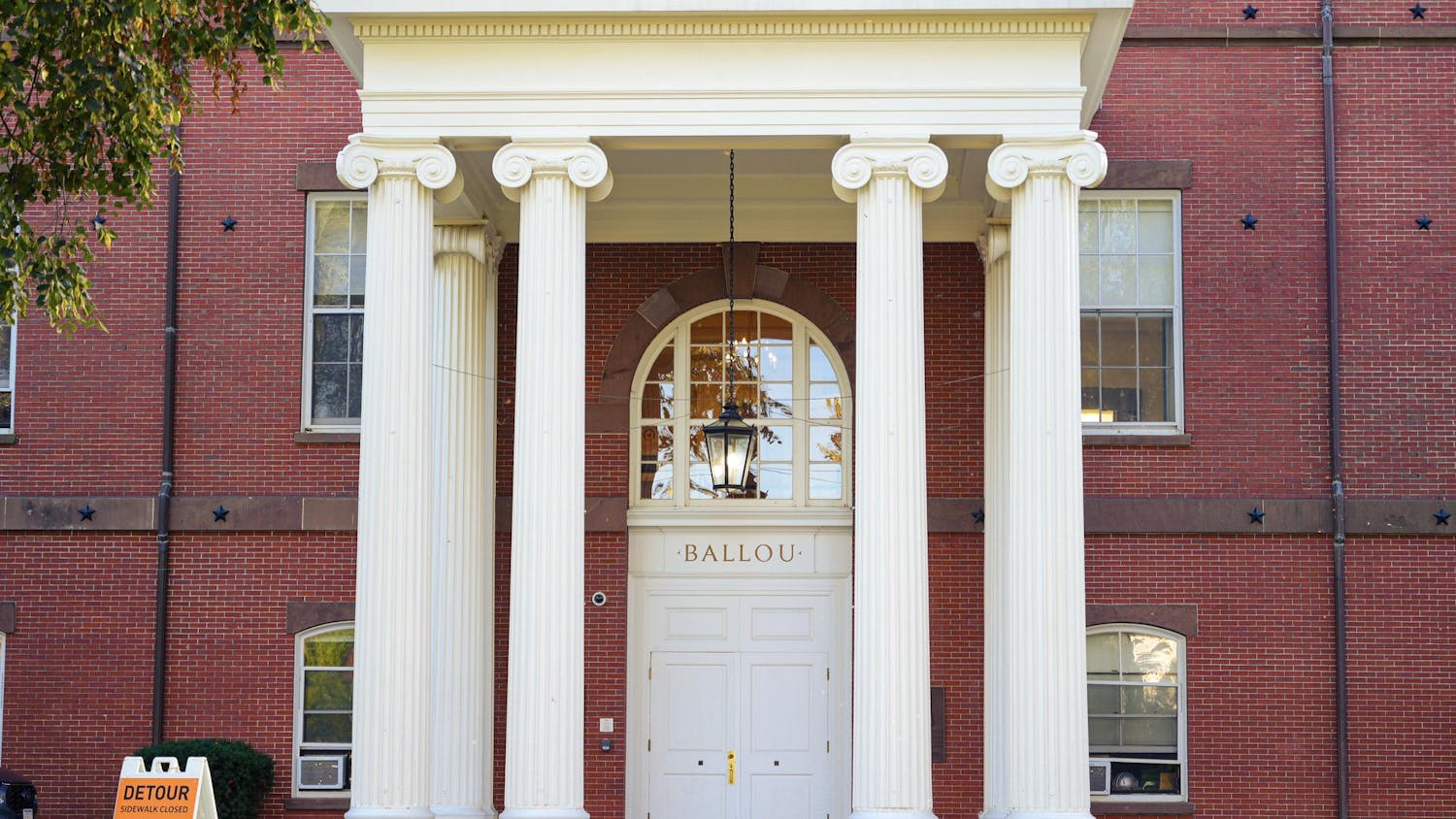Eboo Patel gave a talk called Division or Unity: Religious Diversity and the American Promise last night in the Breed Memorial Hall as part of the Jonathan M. Tisch College of Civic Life Distinguished Speaker Series and the University Chaplaincy Russell Lecture on Spiritual Life. Patel is the founder and president of Interfaith Youth Core and served on President Barack Obama’s Inaugural Faith Council.
University Chaplain Reverend Greg McGonigle introduced Patel, saying that he hoped that Patel would “help us engage about where we are personally and as a campus with interfaith.” McGonigle explained how Tufts has seen increasing involvement with interfaith programs, as programs such as the Conversation, Action, Faith and Education (CAFE) pre-orientation grow every year. McGonigle added that 80% of incoming Tufts students want the university to know what their religious affiliations are and that 60% of students are interested in some form of interfaith engagement.
Patel brought attention to the fact that religious communities have created and contributed to numerous organizations and institutes across the country — ranging from disaster relief efforts to places for Alcoholics Anonymous meetings.
“Religious communities play an absolutely central and essential role in American civil society, and as those communities start to erode, what happens to American civil society?" Patel said. "Participation in religious communities is falling, and that’s going to have an impact on civil society."
Patel also explained how the increasing amount of religious diversity within this country creates a need for leaders that can bring interfaith knowledge and understanding in common spaces like hospitals and schools.
“We live in the most religiously diverse nation in human history at a time when religion is a growing divide," he said. "Just as multiculturalism has taken off, just as we are increasingly aware of various genders and sexualities, do we not think we’re going to need a similar level of interfaith literacy and leadership?”
Patel questioned the definition of interfaith work, pointing out how progressives and conservatives alike use it to promote their beliefs and work toward their respective goals. He emphasized that diversity does not just mean engaging with people of different abilities, cultures, ethnicities and sexualities, but also with those of different convictions.
“Diversity is not just the difference you like; diversity is being able to deal with people with very different ideas of how society should run. It’s the ability to engage those differences,” Patel said.
He also examined what the future of America’s religious diversity will look like.
“How do we build a healthy, religiously diverse democracy, and what kind of academic preparation is required [for that]?” Patel said.
He added that some aspects of American society are already on the right track.
“I think that American civil society is one of the great geniuses of human civilization. We have lots of spaces that bring people who disagree on fundamental things together to do positive things together,” he said.
Patel ended by saying that part of his motivation for speaking at Tufts was to create a conversation.
“The single best part about working with really smart students on campuses is that I don’t have the answers — all I have to do is plant the question with you all,” he said.
Celene Ibrahim, Muslim chaplain at the University Chaplaincy, highlighted Patel's passion and innovative thinking.
“Eboo has been in so many ways for so many of us a model of how to take a passion and turn it into a movement," she said. "He's someone who never hesitates to shift the framework or propose something that’s radically new or hasn’t been done before.”
Eboo Patel discusses interfaith in a changing America in Distinguished Speaker Series talk

Interfaith Leader and Educator Eboo Patel addresses the audience at the Breed Memorial Hall on April 1.





